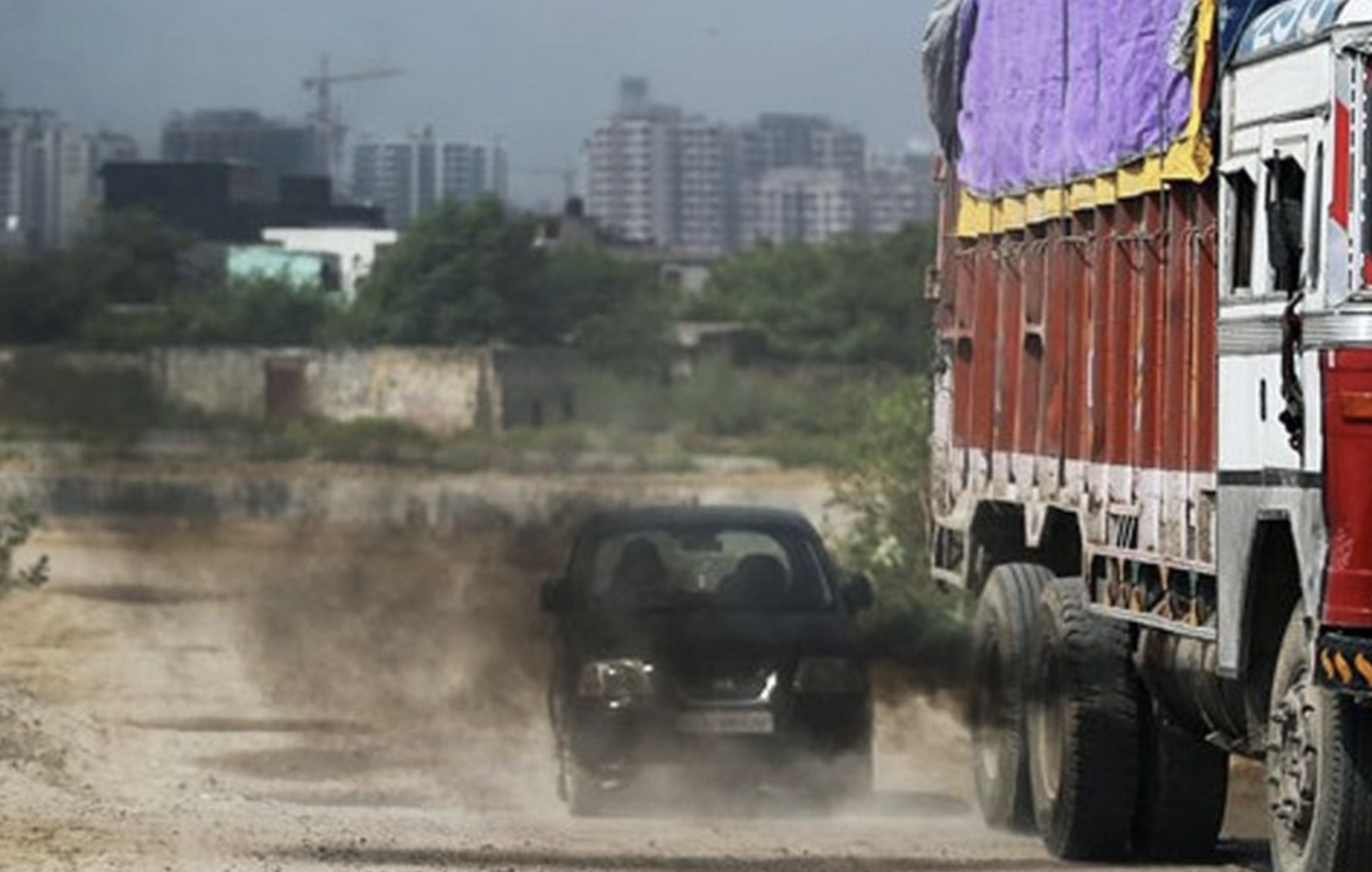What Is a Pay Commission?
A Pay Commission is a government-appointed body responsible for reviewing and recommending salary structures for Central government employees. These commissions have played a pivotal role in improving the income and living standards of millions of employees and pensioners since Independence.

The 7th Pay Commission, implemented in 2016, increased the minimum salary from Rs 7,000 to Rs 18,000 per month and raised the maximum salary for top officials to Rs 2.5 lakh per month. Its recommendations resulted in a significant boost in disposable income for government employees, contributing to economic growth.
Will There Be an 8th Pay Commission?
Traditionally, Pay Commissions are set up every 10 years. If the trend continues, the 8th Pay Commission should be announced soon and implemented by 2026. However, the government has hinted at adopting a new mechanism.
In Parliament, the Ministry of Finance recently stated that the 8th Pay Commission is “presently not under consideration.” This announcement has sparked debates about whether salary revisions will now follow a performance-based or inflation-linked model.
Adhil Shetty, CEO of Bankbazaar.com, remarked, “When a pay commission is implemented, it brings significant changes for government employees. Salaries are revised, often increasing to keep up with inflation and living costs. Benefits like pensions, allowances, and bonuses are adjusted.”
Features of the Proposed 8th Pay Commission
If the 8th Pay Commission is eventually established, government employees can anticipate several key changes:
1. Higher Minimum Salary
Unions are demanding a minimum salary hike from Rs 18,000 to Rs 26,000–30,000 per month, citing inflation and rising living costs as key reasons.
2. Fitment Factor
The fitment factor, currently at 2.57, determines salary adjustments. A rise to 3.5 or 3.8 is expected, significantly increasing take-home pay.
3. Dearness Allowance (DA)
DA is revised biannually to offset inflation. The commission may recommend making DA more responsive to inflationary trends.
4. Pension Revisions
Parity in pensions, especially for those retired before the 7th Pay Commission, is a longstanding demand. Revised pensions could bring relief to older pensioners.
5. Housing and Travel Allowances
The commission may propose updates to House Rent Allowance (HRA) and Travel Allowance (TA) to reflect current housing and travel costs.
Challenges of Implementing Pay Commission Recommendations
Implementing Pay Commission recommendations comes with economic and administrative challenges:
- Fiscal Deficit
Raising salaries and pensions increases government expenditure, which can widen the fiscal deficit if not managed carefully. - State Budgets
States often mirror Central pay revisions, putting additional strain on their finances. This is especially challenging for states with limited revenues. - Private Sector Pay Gap
Significant pay hikes for government employees may create disparity with private-sector salaries, leading to fairness concerns.
Will There Be a New Mechanism?
The government is reportedly considering a performance-based salary revision model or an inflation-linked system to replace the traditional Pay Commission mechanism. This would enable regular salary adjustments without waiting for a decade.
A government official explained, “The proposed model would be more dynamic and address employee needs promptly. However, its implementation will require detailed planning and consensus among stakeholders.”
How Pay Revisions Impact the Economy
While Pay Commission recommendations are expensive, they also boost economic activity. Increased salaries mean higher disposable income, driving demand for goods and services. For instance, the 7th Pay Commission added Rs 1 lakh crore annually to government spending, contributing significantly to the economy.
However, such increases must be balanced with long-term fiscal sustainability. Striking a balance between employee benefits and public finances will be critical for the government.
Conclusion
The future of the 8th Pay Commission remains shrouded in uncertainty. Whether the government adopts the traditional commission route or shifts to a dynamic performance-based system, millions of employees and pensioners await clarity. For now, the anticipation continues, with hopes pinned on an announcement that could redefine salary structures and improve livelihoods.











